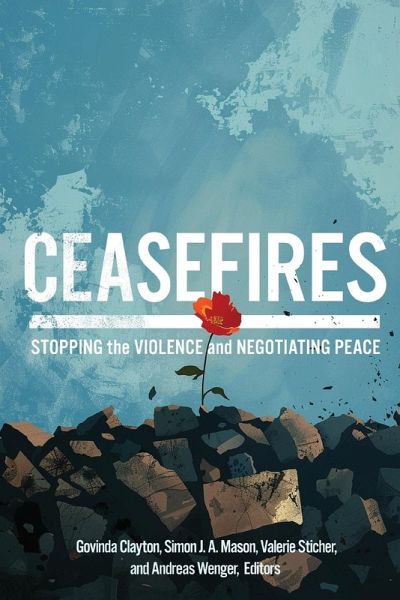A policy-relevant study of when and how ceasefires lead to peace Almost all intrastate conflicts involve ceasefire agreements, yet little is known about which factors make a ceasefire effective in stopping violence and ultimately ending intrastate conflict. Ceasefires explores the complex relationship between the ceasefire and political negotiation processes and examines how they can either reinforce or impede each other. Case studies from the joint perspectives of practitioners and scholars cover conflicts in Bosnia, Burundi, Colombia, Darfur, El Salvador, Myanmar, the Philippines, Sudan North/South, and Syria. This in-depth analysis of ceasefires offers a unique framework for future mediators and negotiators as well as scholars of the intrastate peace process to enable them to identify a spectrum of potentially acceptable ceasefire agreements and sequencing approaches.
Hinweis: Dieser Artikel kann nur an eine deutsche Lieferadresse ausgeliefert werden.
Hinweis: Dieser Artikel kann nur an eine deutsche Lieferadresse ausgeliefert werden.

